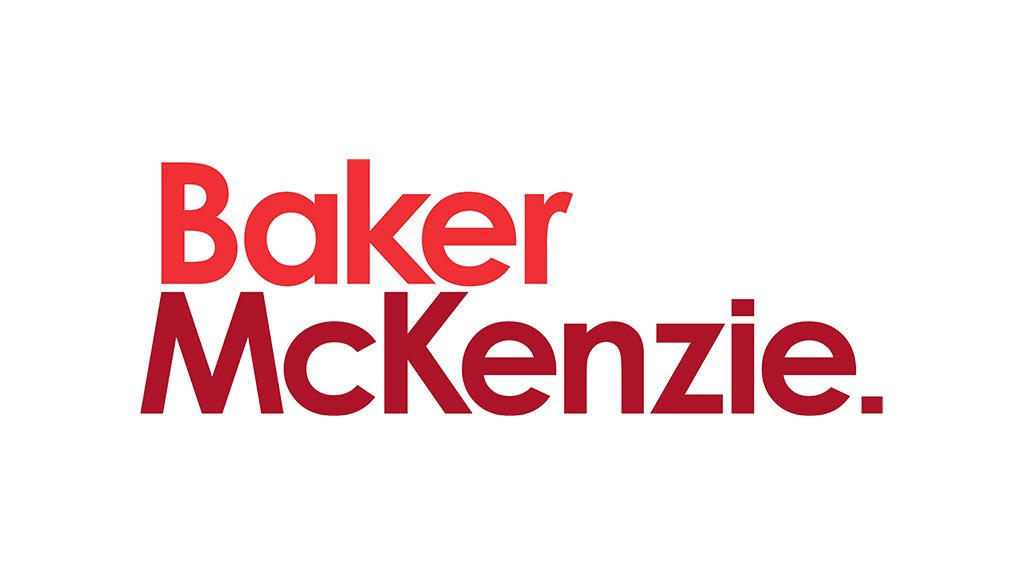A unique new survey of gender diversity and inclusion in South Africa's legal field found that women remain underrepresented in senior positions across the field due to a range of systemic barriers, and identified key areas where policy and workplace interventions can address these ongoing gaps.
While more women than ever are entering the legal profession, they are not rising to leadership positions at the same rate as their male colleagues; the disparity is even greater for women of colour in comparison to their white and male counterparts.
The survey results were presented at an event hosted by the Cyrus R. Vance Center for International Justice and its South African Legal Fellows Network, through its Advancing Women in the Workplace (AWW) program, in collaboration with the United States Mission to South Africa. The AWW program aims to support young women of colour to advance to senior leadership positions in the South African legal profession.
"At the heart of the U.S. Mission’s support for AWW lies a steadfast commitment to advancing diversity, equity, and inclusion—especially for historically disadvantaged groups. We believe that every individual, regardless of gender or ethnicity, deserves equal opportunities to pursue their aspirations and to contribute their talents to society. It is this belief that has driven us to support initiatives like the one we celebrate today,” said U.S. Ambassador to South Africa, Dr. Reuben Brigety.
The Advancing Women in the Workplace Legal Forum, held at the Sandton offices of law firm Baker McKenzie on March 1, featured a presentation of the first-of-its-kind survey, a panel discussion of the findings, and the launch of the AWW-Women in the Profession programme in South Africa.
“These results remind us that South Africa’s legal profession is filled with talented, ambitious, and accomplished women, but that there are still significant barriers preventing these women, especially black women, from advancing to leadership and reaching the full scope of their talent and potential. Still, we see that women lawyers are building their own pathways to a brighter, more inclusive future, establishing their own firms and mentoring younger professionals through programs like Advancing Women in the Workplace”, said Vance Center Africa Programme Director Adaobi Egboka.
While the share of practicing female and black attorneys in South Africa increased from 2013 to 2022, the survey found persistent disparities in representation of women —particularly black women—in both attorneys’ and advocates’ professions, with the share of women decreasing in more senior positions.
Based on respondents’ answers, the survey identified a number of contributing factors, including pre-existing male-dominated social networks based on established relationships; clients and colleagues questioning the intelligence, talent, and experience of female practitioners; unequal distribution of work for female practitioners; a lack of face time for female practitioners as a result of them remaining primary child caregivers in society; maternity leave and inflexible policies as an obstacle to achieving target billable hours; a referral system that favours men; and persistent gender stereotypes and gender bias in the legal profession.
Despite a number of laws aimed at promoting gender equality, including the Legal Practice Act 28 of 2014, the reality of South Africa’s legal profession does not reflect this framework. The analysis notes that policymakers and leaders in the legal field must take more positive systemic action to address ongoing gender-related exclusion, marginalization, and discrimination within the profession.
The survey, conducted by Plus94 Research, analysed responses from 100 senior female legal practitioners working in different areas of the legal profession. The full survey and report is available here.
For media inquiries and more information, please contact nsouthwick@nycbar.org.
The Vance Center, a non-profit program of the New York City Bar Association, promotes global justice by engaging legal professionals around the world to support the work of civil society and an ethically active legal profession. It brings together leading law firms and other partners around the world to promote international justice initiatives and provide pro bono legal representation to civil society organizations that fight for social justice.
EMAIL THIS ARTICLE SAVE THIS ARTICLE ARTICLE ENQUIRY
To subscribe email subscriptions@creamermedia.co.za or click here
To advertise email advertising@creamermedia.co.za or click here











